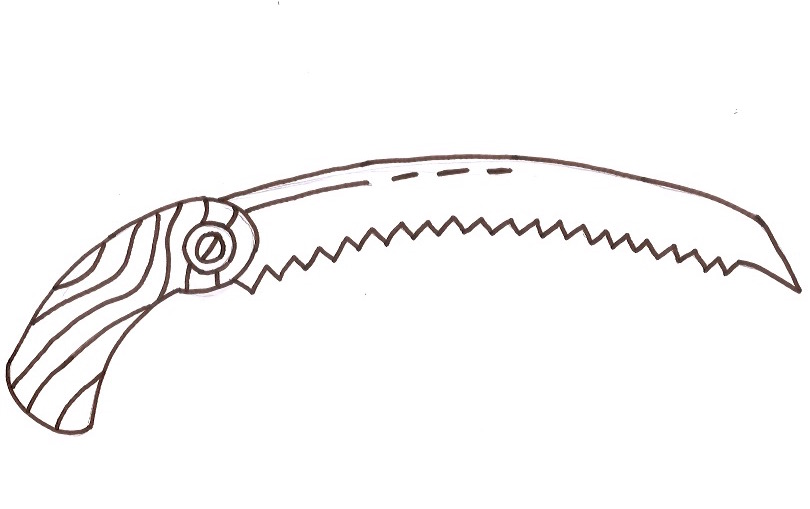We easily forget how great small things really are.
I often catch myself blankly staring at the screen of things that need to be done in a certain amount of time, by a certain day, due to a relative expectation. And when that becomes the habit, the big picture naturally starts to cast shadows and consume things, and of course it is easy to forget the nooks and crannies where everything that matters is anyway. We have this tendency to rush past those insights towards things we never eventually reach anyway.
The great sports writer Wright Thompson, in his preface to The Cost of These Dreams, writes that “…the tools required to gain greatness often prevent someone from enjoying it…now I know that success means reaching your goals and enjoying them and that one without the other is empty and meaningless” (Thompson, xiii-xv).
That sentiment is powerful in several ways. And it makes me reconsider the dichotomy of success, or greatness–the price of it, which Wright explores in his work.
In business, and especially the arborist business, the literal cost of things is a very important consideration, and getting that cost right almost always determines someone’s relative success or failure-profitability in other words. Tree X removed for Cost A. Tree Y pruned to Cost B. Weekly, Quarterly, Yearly. A big tree, a big project, an important client, a busy season, another hectic year. The big picture always starts to consume the smaller things. And the question often arises, echoing the sentiment of Wright, am I willing to sacrifice enjoyment for success?
So then what is the existential cost of these projects or pursuits? Something we rarely figure into a bid. Sacrificing time at home, with family and friends. Ninety hour work weeks and five a.m. starts. We justify it by saying Don’t you know you can’t run with the big dogs if you piss like a puppy. What a crock of shit.
In circumstances of production, I always seem to find myself sacrificing the simplicity and necessity of the present for the pressure of moving onto the next project, the next job site, the big backlog. And with the little wisdom I feel like I am gaining, I realize that comes with a high price. That’s not to say that anticipating two or three moves ahead is a bad idea, because it’s not. Foresight is a great tool. And situational awareness I think does call for the ability to anticipate things as they unfold. But to become furiously driven by expectations and projections of the future-to bigger iron and better profits- can lead to being consumed by anger, anxiety and disappointment. Which eventually leads to missing critical elements of the present, regret, or possibly something far worse.
You know, there are many ways to grow.
I’ve adopted a mantra lately, to help me stay in and appreciate the moment a bit more: Style can’t be rushed. That means enjoying the movement of flowing through the tree, the scene through the leaves in the distance of a sprawling city or country view, a cinch bug peaking out from under a flake of cherry bark, or even doing a little dendrology at the cut while the stem wobbles and a top is rigged down. A hot bar melting snow on a winters work day, green lichen-stained hands from snap-cutting Ash rounds all day, being home in time for dinner, and enjoying breakfast before you leave. Starting a little late, wrapping up a little early. My dad always used to say, “take your time.” It’s funny how we remember those small things. And how they all of sudden make sense.
I’ve always felt that arboriculture is just as much about people as it is about trees, that trees in general tell much of the story about the people around them, and in turn we as arborists become a small part of that story too. It’s really something special, and I feel extremely fortunate and fascinated to meet all sorts of people through the pursuit of tree care. Listening to what emotions connect people to the trees they have and we eventually care for is something that can really drive a passion for arboriculture. I’ve downplayed it in the past, or at least I’ve taken it for granted.
Just recently I had a new client that had to postpone our job due to the loss of her husband. I told her she doesn’t need to feel obligated to have us. It’s no problem, and I apologized with a truly heavy heart. Her voice shook as I spoke to her, and she promised she would call when things calmed down. She wanted the work done.
We eventually went to do the job a week or two later, pruning an Oak tree and two Maples. It turns out that her husband wanted her to hire us because I seemed like a nice guy. She was doing it for him in a sense, one little wish connecting this side of life to the other side of it with a little bit of arboriculture. I find the greatest satisfaction of tree care in these intricate ways that trees intertwine the lives of people, loved ones, neighbors and strangers; people both here and gone.
These smaller things that make the biggest impact.




2 Comments
Leave your reply.